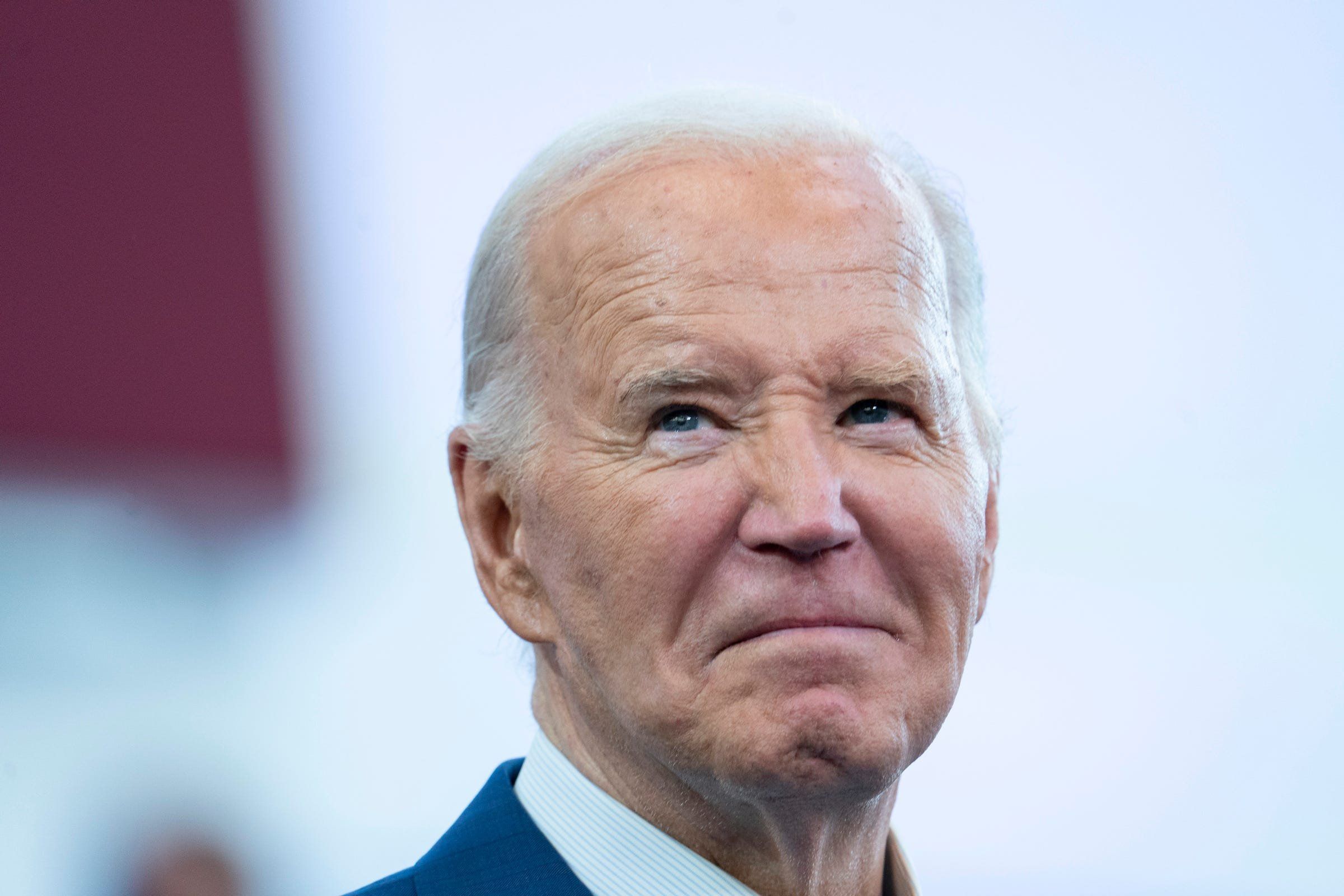President Joe Biden set the record for the largest act of clemency on Thursday, reducing the prison sentences of 1,500 people and pardoning 39 others. The 1,500 former prisoners were serving terms that would have been shorter if sentenced under today’s laws, and most had already been reintegrated into their communities since being relocated to home confinement during the pandemic. Most of those pardoned had committed nonviolent drug offenses in their early lives.
It is traditional for presidents to exercise their pardon power at the end of their terms. Biden has said that he will continue to do so in his remaining weeks in office, with Democratic lawmakers urging him to commute the sentences of the 40 people on death row, as well as take actions to address mass incarceration and systemic racism in sentencing disparities.
But the practice is more controversial than ever since Biden blanket-pardoned his son Hunter, who had been convicted on gun and tax charges, a move critics have called a self-interested abuse of power. Biden has also floated the idea of issuing preemptive pardons to a range of current and former officials Trump has threatened to target. Doing so may limit Democrats’ ability to credibly criticize Trump if he follows through on his plans to pardon Jan. 6 insurrectionists on his first day in office.
